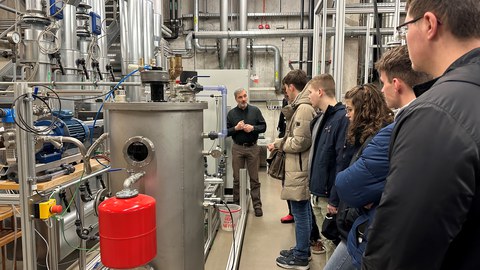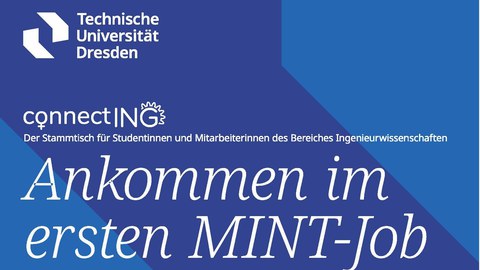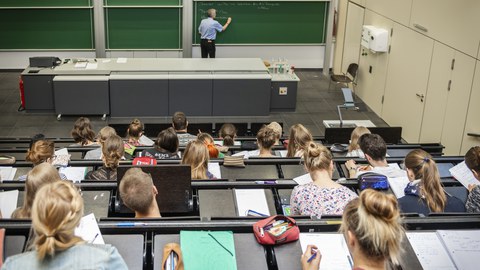 © Nils Eisfeld
© Nils Eisfeld
Institute of Process Engineering and Environmental Technology
Six chairs and workgroups belong to the Institute of Process Engineering and Environmental Technology.
Chemical Process Engineering:
Experimental and theoretical analysis of catalytic and non-catalytic multiphase processes on different scales, use of customized catalysts and functional surfaces to intensify reaction and transport processes, reactor and process development for sustainable processes and circular economy.
Energy Process Technology:
Reduction of the primary energy input, reduction of emissions, closing of materials cycles, rational use of energy – particularly in processes of energy technology, chemistry, environmental technology and the raw materials industry.
Hydrogen and nuclear energy technology:
Safety for hydrogen technologies as well as national and global nuclear reactors; development involvement in future reactor systems and storage technologies; holistic energy management analyses of energy systems; laser-based technologies for joining functional materials, removing contaminated or polluted components and functionalising surfaces.
Mechanical Process Engineering:
Characterisation of disperse sets of compounds, particularly of those with a high percentage of particles. Application and further development of the ultrasound spectroscopy; processes for the separation of the smallest particles (< 1µm) from fluids and gases; examination of bonding mechanisms between particles as well as between particles and surfaces, material separation by membranes.
Process Systems Engineering:
Analysis and synthesis of complex systems of elementary functional process units; modelling, simulation and optimisation of coupling structures and processing strategies with regard to safety, sustainability and efficiency.
Transport Processes at Interfaces:
Joint vocation with the Helmholtz-Zentrum Dresden-Rossendorf;
Experimental and numerical study of multi-scale transport processes and hydrodynamic instabilities at solid, liquid and gaseous interfaces using external field gradients; focus on bubble or particle laden flows (flotation) und small-scale flows in engineering processes.
Dresden Process Engineering is a member of the Process Engineering Competence Network Pro3 e.V.: www.verfahrenstechnik-pro3.de






